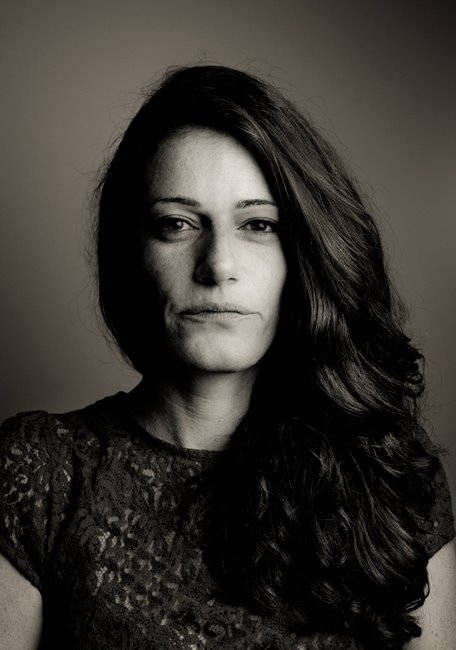Sandra Naquin with her grandchildren in her new home in Gray, Louisiana, United States. Most of Sandra’s relatives were scattered by flooding and hurricanes, but many have been reunited in Gray.
Isle de Jean-Charles, 130 kilometers south of the coast of New Orleans, is sinking. It once had a school, a church, and hundreds of residents, but today it is just a sliver of land three kilometers long and 300 meters wide surrounded by the waters of the bayou. Since 1955, 98% of its surface area has been lost to erosion and rising waters, exacerbated by climate change, which brings ever more destructive hurricanes to bear on the region. The oil industry in Louisiana contributes significantly to the environmental factors impacting Isle de Jean-Charles. Carbon emissions notwithstanding, thousands of offshore platforms in the region require countless kilometers of channels to be dug in the Gulf of Mexico for shipping routes. These channels cause subsidence, a form of underwater erosion, that intensifies erosion on land.
In 2016, the effects of the sinking land, compounded by oil extraction and seasonal hurricanes, forced the relocation of the residents of Isle de Jean-Charles to the town of Gray, Louisiana, 65 km north. This marked the first federal climate change resettlement program in the US, making the islanders the country's first official climate refugees. By late 2022, after six years of administrative challenges and preliminary planning, the islanders were able to move into their new homes. Between 2016 and 2023, the photographer made seven trips to Isle de Jean-Charles to document this relocation of its residents and memorialize the end of the French-speaking Biloxi-Chitimacha-Choctaw Indian Tribal Community, which occupied the island for two hundred years.
Are you a photographer and/or passionate about press freedom? Sign up for our newsletter to stay updated on our annual contest and to hear about exhibitions near you.

